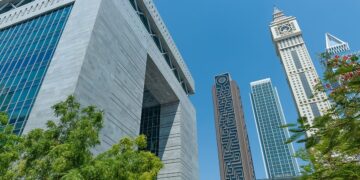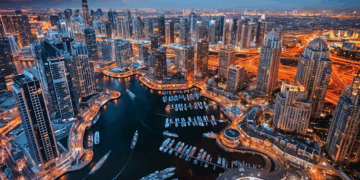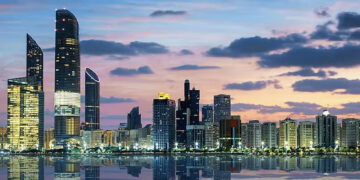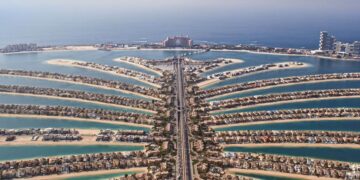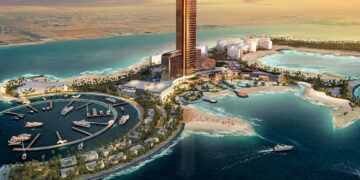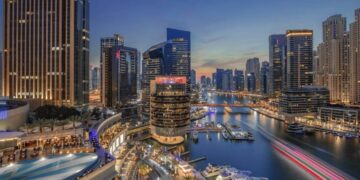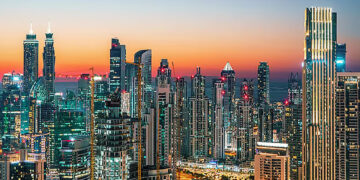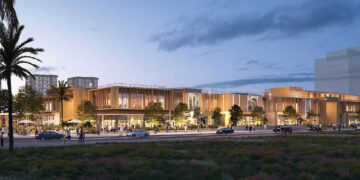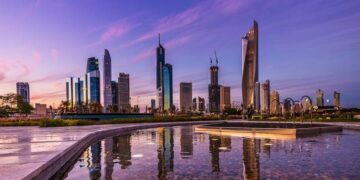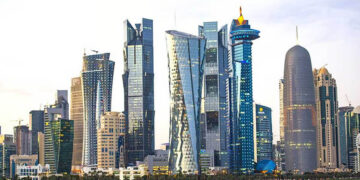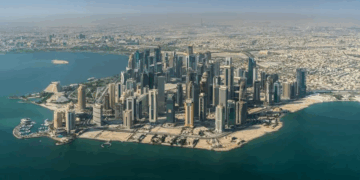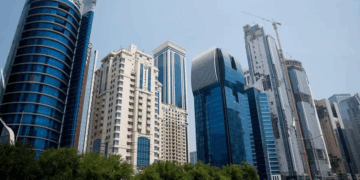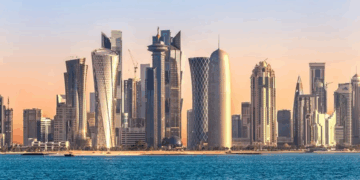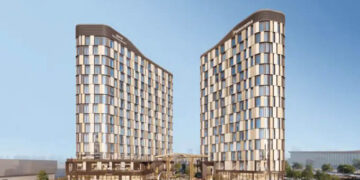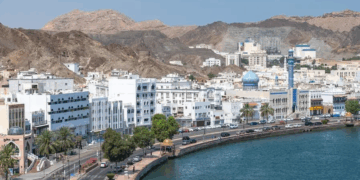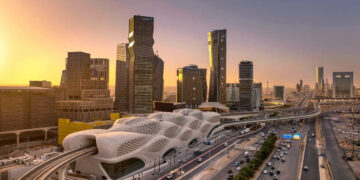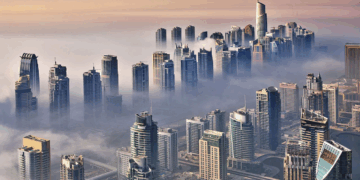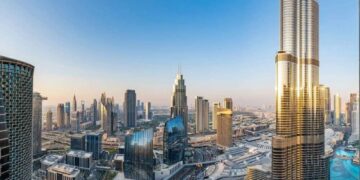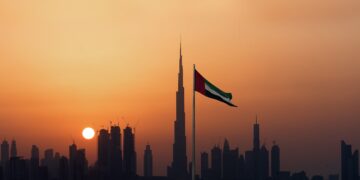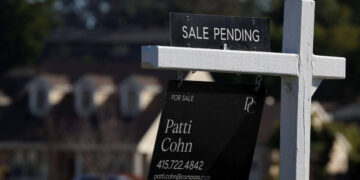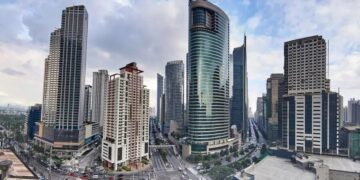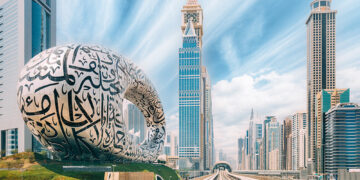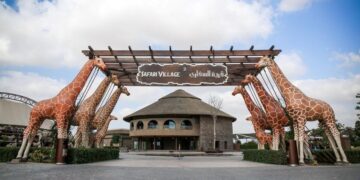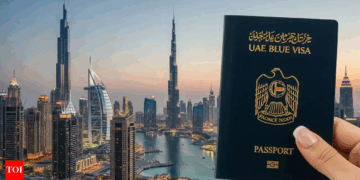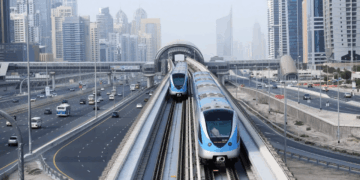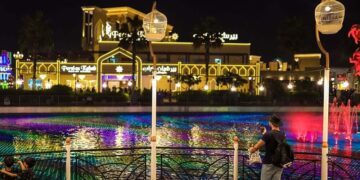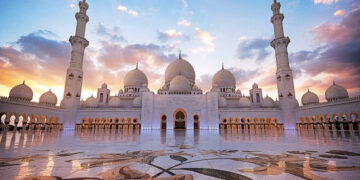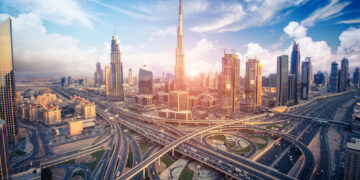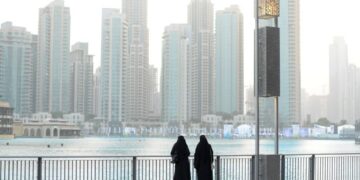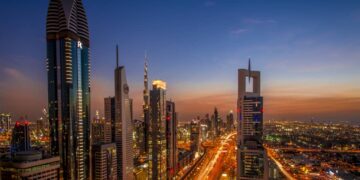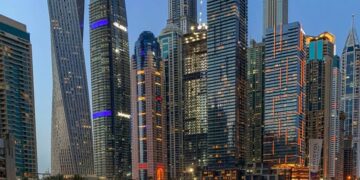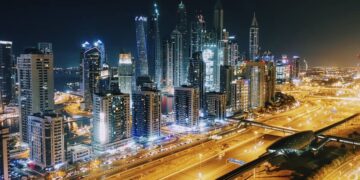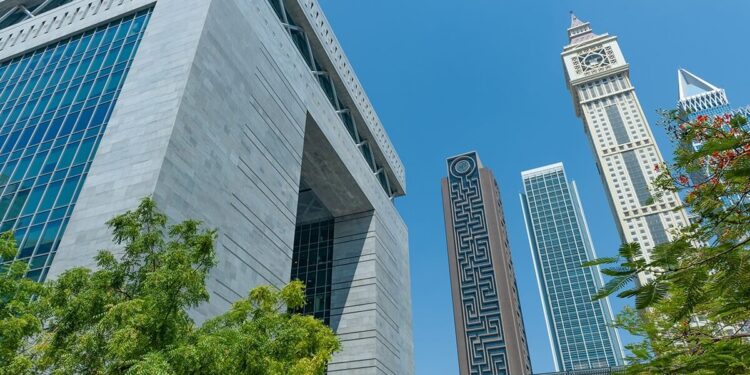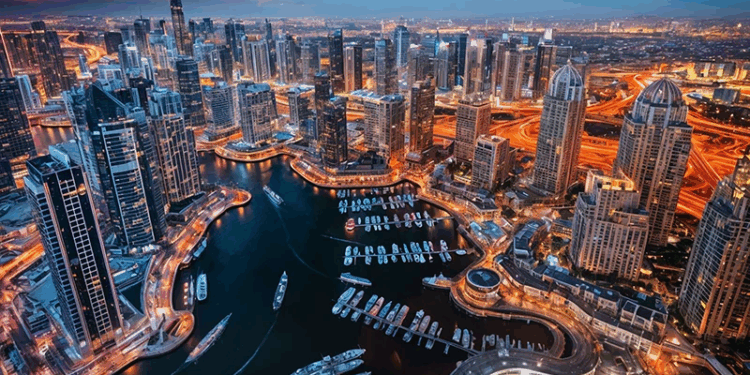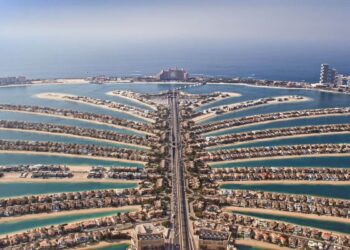Dubai’s rising economy and increased influx of new firms are causing a significant lack of high-quality office space, pushing enterprises to reconsider their location strategy, according to industry experts.
The spike in demand is surpassing supply, particularly in premium districts like Downtown Dubai and the Dubai International Financial Centre (DIFC), causing a wave of office relocations to growing places like Expo City.
The surge in demand is also pushing office leasing prices to new highs in core districts, causing businesses to seriously consider relocation possibilities, according to market sources.
The current office space shortage is thought to be fueled by a combination of rapid corporate expansion and the city’s desire to establish itself as a global commercial center.
This is despite continuing construction initiatives to increase office inventory, according to industry stakeholders.
“As new businesses flock to Dubai, the lack of premium office space has become a critical challenge,” Sankey Prasad, CMD – Colliers India & Middle East, told Arabian Business.
“Companies are now increasingly looking to secure office buildings during the construction phase, fearing they might miss out on rare opportunities to establish a presence in prestigious areas,” he said.
Prasad stated that this preemptive strategy exposes the strong competition among enterprises for limited space.
Farooq Syed, CEO of Springfield Properties, stated that Dubai’s office market is still experiencing continuous demand due to corporate expansion, regional relocations, and a solid pipeline of new business registrations.
“Despite the addition of approximately 740,000 sqft of new office space in 2024, demand continues to outpace available supply, particularly in free zone and prime commercial locations,” Syed told Arabian Business.
Dubai’s active company licenses are expected to reach around 122,220 by February 2025, representing a 26% yearly increase and reinforcing the city’s status as a major global commercial hub.
Office spaces repurposed rapidly
According to Prasad, investors and developers are well aware of this dynamic, with some deciding to convert residential or retail premises into office apartments to fulfill rising demand.
“In the long term, the challenge for Dubai will be to maintain a balanced pipeline of new developments, while catering to the evolving needs of global and local businesses seeking to establish or expand their footprint in the city,” he said.
According to industry sources, corporations are increasingly considering office relocations to growing areas outside of major cities.
Expo City, which developed as a major hub during Expo 2020, is quickly becoming a sought-after commercial neighborhood, attracting enterprises priced out of central locales, according to officials.
According to the CEO of Colliers India & Middle East, the area’s modern infrastructure, strategic linkage, and long-term development ambition make it a viable option to the saturated core districts.
Dubai office space crunch
According to sector analysts, occupancy levels across Dubai’s Grade A office space remain tight, with DIFC reporting nearly 100% occupancy as of Q4 2024.
They also reported that citywide occupancy rates have reached approximately 92%, highlighting the growing lack of premium office space.
Syed stated that, in addition to Expo City, Dubai Production City and MBR City have recently seen a rise in business interest, with occupiers enticed by cutting-edge facilities, robust connectivity, and competitive leasing rates.
“The market’s supply-demand imbalance is reflected in the 22 per cent year-on-year increase in office rents in 2024, with further rental growth expected throughout 2025,” he said.
The chief executive of Springfield Properties stated that Dubai’s office market will increase dramatically over the next three years, with many large-scale constructions likely to deliver much-needed supply to the market.
“While this will ease some pressure in the long term, the near-term outlook suggests that availability in core business districts will remain constrained, sustaining upward rental momentum,” he said.
“This presents a strategic opportunity for investors and developers to deliver high-quality, well-located commercial assets that cater to shifting occupier requirements and evolving corporate expansion strategies,” Syed said.
According to industry experts, as Dubai continues to establish itself as a premier global commercial and financial hub, ensuring that new supply matches continuous occupier demand will be vital to long-term market stability and competitiveness.
